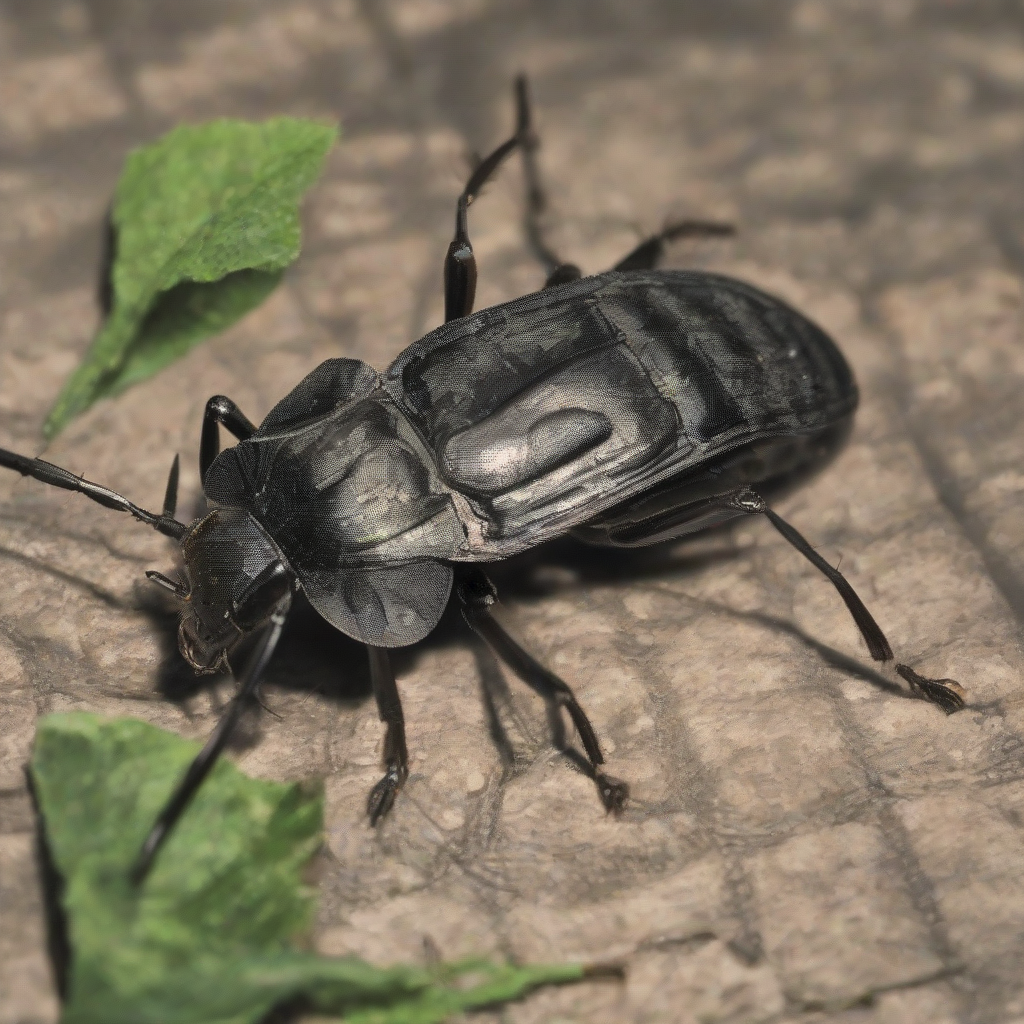Neuse Pest Control: Your Comprehensive Guide to Pest Management in the Neuse River Area
The Neuse River area, with its beautiful natural landscapes and thriving communities, also faces the challenges of pest infestations. Understanding the unique pest pressures of this region and employing effective control strategies is crucial for protecting homes, businesses, and the environment. This comprehensive guide delves into the specifics of Neuse pest control, offering insights into common pests, prevention techniques, and professional treatment options.
Common Pests in the Neuse River Area
The Neuse River region’s climate and environment contribute to a diverse range of pests. Understanding these pests is the first step towards effective control.
Ants
- Carpenter Ants: These ants nest in wood, causing structural damage. They are particularly prevalent in older homes and structures with moisture problems.
- Fire Ants: Known for their aggressive stinging behavior, fire ants can be a significant nuisance, especially in outdoor spaces.
- Sugar Ants: These ants are attracted to sweet substances and often invade homes in search of food.
Rodents
- Mice: Mice are common household invaders, seeking food, water, and shelter. They can contaminate food sources and spread diseases.
- Rats: Larger than mice, rats pose a greater risk of property damage and disease transmission.
Cockroaches
- German Cockroaches: These small cockroaches are highly adaptable and reproduce rapidly, often infesting kitchens and bathrooms.
- American Cockroaches: Larger than German cockroaches, American cockroaches prefer damp, dark areas and can contaminate food and surfaces.
Termites
- Subterranean Termites: These termites live in colonies underground and can cause extensive damage to wooden structures.
- Drywood Termites: Drywood termites nest within wood, often going undetected until significant damage occurs.
Other Pests
- Spiders: While many spiders are harmless, some species can pose a threat with venomous bites.
- Mosquitoes: Mosquitoes are a nuisance and can transmit diseases like West Nile virus.
- Ticks: Ticks can transmit Lyme disease and other illnesses through their bites.
- Bed Bugs: These tiny insects feed on human blood, causing itchy bites and disrupting sleep.
Pest Prevention Strategies
Proactive pest prevention is key to minimizing infestations. By implementing these strategies, you can significantly reduce the risk of pest problems.
- Sanitation: Regularly clean your home, removing food debris, spills, and crumbs. Store food in airtight containers.
- Moisture Control: Address any leaks or moisture problems in your home, as pests are attracted to damp environments.
- Exterior Maintenance: Seal cracks and gaps in your home’s foundation and exterior walls to prevent pest entry.
- Landscaping: Keep vegetation trimmed away from your house, reducing hiding places for pests.
- Garbage Disposal: Properly dispose of garbage and keep trash cans clean and sealed.
- Regular Inspections: Regularly inspect your home for signs of pest activity, such as droppings, nests, or damage.
Professional Pest Control Services in the Neuse River Area
While prevention is crucial, professional pest control services are often necessary to effectively manage infestations. Experienced pest control professionals possess the expertise and resources to identify pests, implement effective treatment strategies, and monitor results.
Choosing a Pest Control Company
- Licensing and Insurance: Ensure the company is properly licensed and insured.
- Experience and Expertise: Look for a company with experience dealing with the specific pests prevalent in the Neuse River area.
- Treatment Methods: Inquire about the treatment methods used and ensure they are safe and effective.
- Customer Reviews: Check online reviews and testimonials to gauge customer satisfaction.
- Warranty or Guarantee: Ask about any warranties or guarantees offered on the services provided.
Treatment Methods
Professional pest control companies utilize a variety of treatment methods, depending on the specific pest and the extent of the infestation.
- Insecticides: Insecticides are used to kill pests directly.
- Baiting Stations: Baiting stations are effective for controlling rodents and ants.
- Fumigation: Fumigation is a more intensive treatment method used for severe infestations.
- Exclusion Techniques: Exclusion techniques focus on preventing pest entry through sealing cracks and gaps.
- Integrated Pest Management (IPM): IPM is a holistic approach that integrates multiple methods to minimize pesticide use while effectively controlling pests.
Specific Pest Control Challenges in the Neuse River Area
The Neuse River area presents unique challenges for pest control due to its specific environmental conditions and the presence of certain pest species.
- Moisture Issues: The humid climate can exacerbate pest problems, particularly those attracted to damp environments.
- Proximity to Water: Proximity to the Neuse River and other bodies of water can increase mosquito and other water-borne pest populations.
- Specific Pest Species: Certain pest species are more prevalent in the Neuse River area than in other regions.
- Seasonal Variations: Pest activity can vary significantly throughout the year, requiring adjustments to control strategies.
Environmental Considerations in Neuse Pest Control
Responsible pest control practices are essential to protect both human health and the environment. Minimizing the use of harmful pesticides and employing environmentally friendly methods are crucial.
- Pesticide Safety: Always follow pesticide label instructions carefully and take precautions to minimize exposure.
- Integrated Pest Management (IPM): IPM prioritizes non-chemical methods and uses pesticides only when necessary.
- Eco-friendly Products: Consider using eco-friendly pest control products whenever possible.
- Professional Expertise: Professional pest control companies are trained to use pesticides responsibly and minimize environmental impact.
Long-Term Pest Management Strategies
Effective pest control is not a one-time event but rather an ongoing process. Implementing long-term strategies ensures sustainable pest management and minimizes future infestations.
- Regular Inspections: Conduct regular inspections to detect pest activity early.
- Preventative Measures: Continue practicing preventative measures to reduce pest attraction.
- Professional Maintenance: Schedule regular professional pest control services for ongoing monitoring and treatment.
- Education and Awareness: Stay informed about pest activity and control methods.

